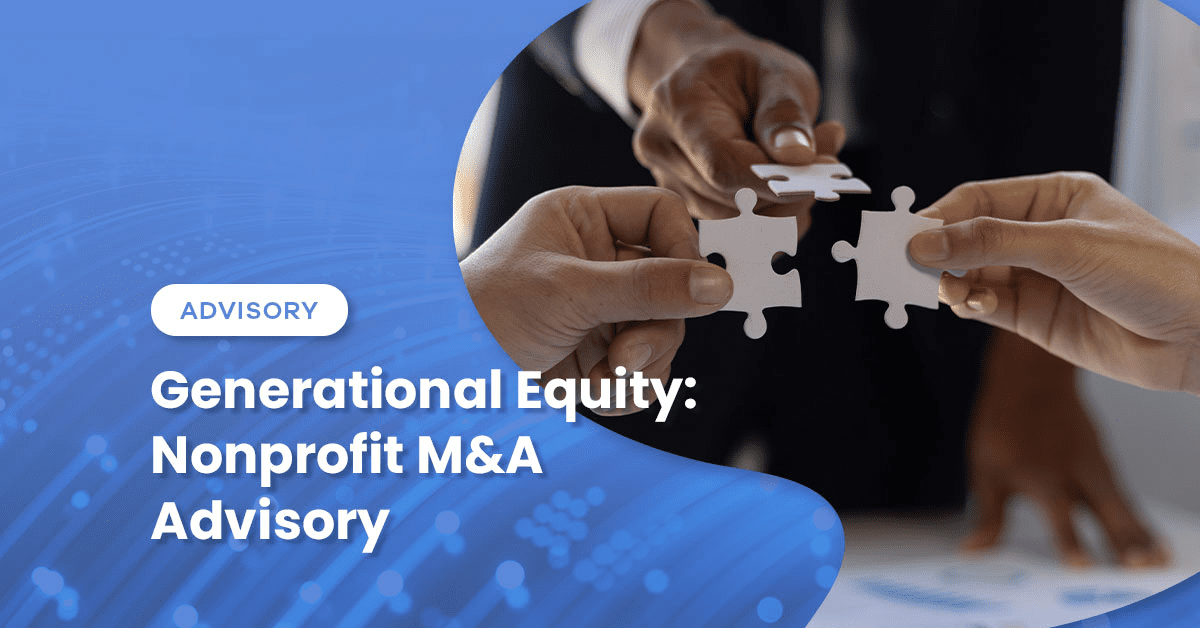By Diana Miller
Being asked to join the board of a nonprofit, whether it’s with a prestigious organization or one that’s relatively unknown, is an honor. Joining gives you the opportunity to do good for the arts, the underprivileged, the advancement of medicine or another worthy cause. And let’s be honest: It looks good on your resume, and the boardroom can be a great place to network.
Saying yes to a board appointment is a no-brainer, right?
While board membership is a great opportunity, the honor also comes with great responsibilities. How you handle the following challenges will determine whether you get the most out of your nonprofit board experience.
Providing oversight
As a nonprofit board member, you have a fiduciary duty — a legal responsibility to act solely on behalf of the good of the institution. You must do what you can to provide oversight and help safeguard against internal or external harm.
Potential issues that can involve board review range from how the organization defends itself against misappropriation of funds to reckless management and external threats such as fraud and cybercrime, a growing area of concern for entities of all sizes.
Providing oversight by formulating policies, reviewing controls and ensuring accountability is key to protecting the health and welfare of the organization.
Complementing your strengths
You may be asked to join a board in recognition of your career accomplishments. Your background and talents are assets that can, and should, be put to good use in terms of the responsibilities asked of you.
While it’s flattering to be offered new duties right away, be wary of taking on too many assignments at once – or agreeing to subcommittee assignments that do not align with your strengths. This will help you avoid the risk of getting in over your head if, for example, you’re assigned the finance subcommittee and you know nothing about finance. Instead, aim to choose roles and responsibilities on the board that complement your strengths and abilities.
Board governance is a prestigious honor and not one to be taken lightly. You will be most successful if you stay engaged, ask questions, voice concerns and help keep the organization aligned with its purpose and goals.
With more than 17 years of public accounting experience, Diana Miller CPA has served a roster of clients in not-for-profit, higher education, government and commercial organizations. She can be reached at (973) 994-9400 or [email protected].

 Previous
Previous




